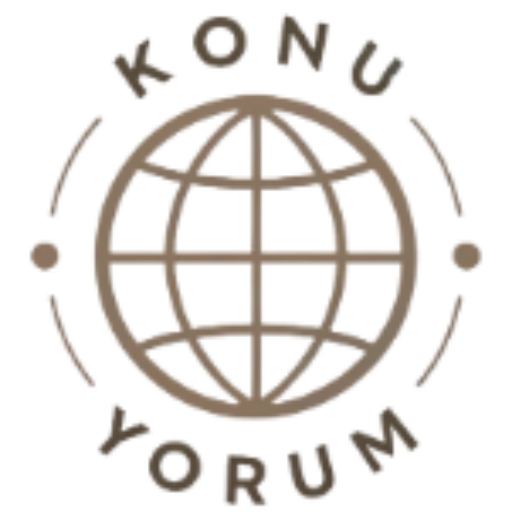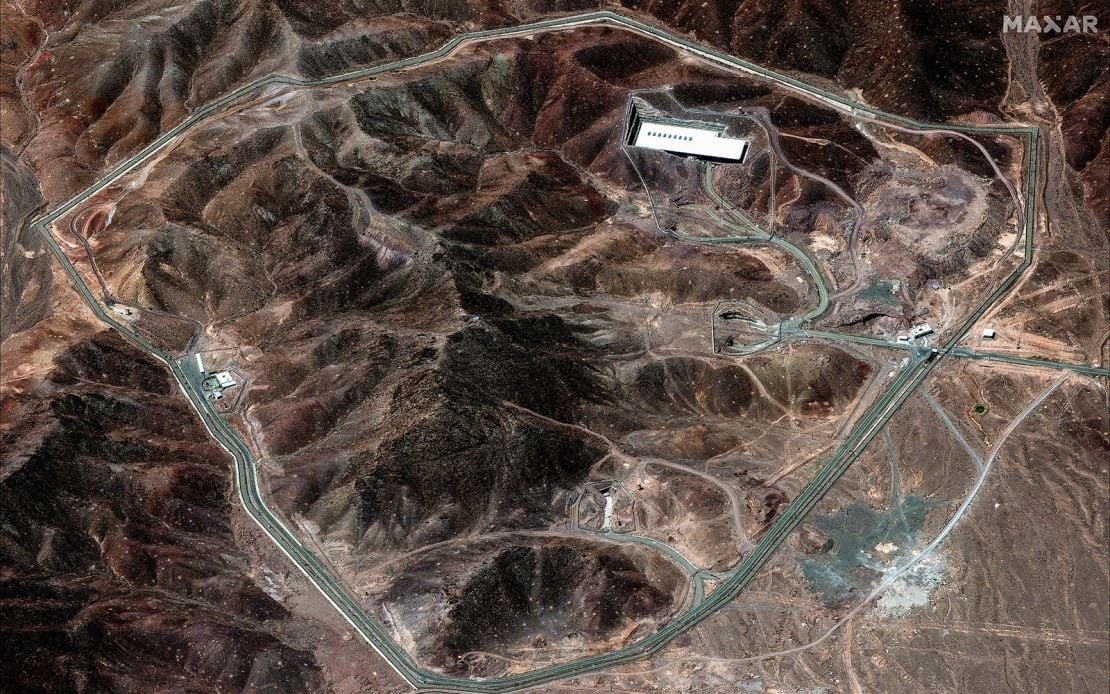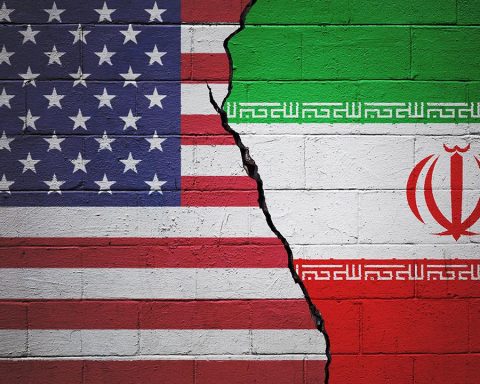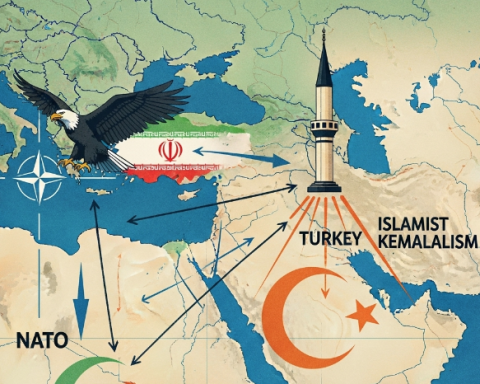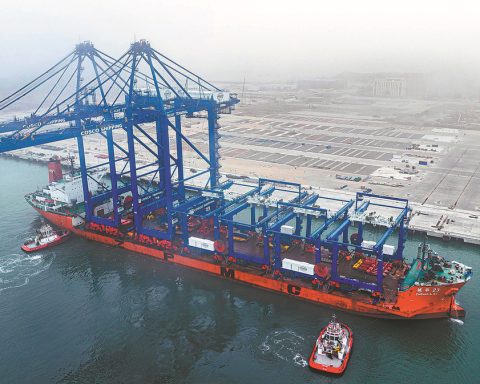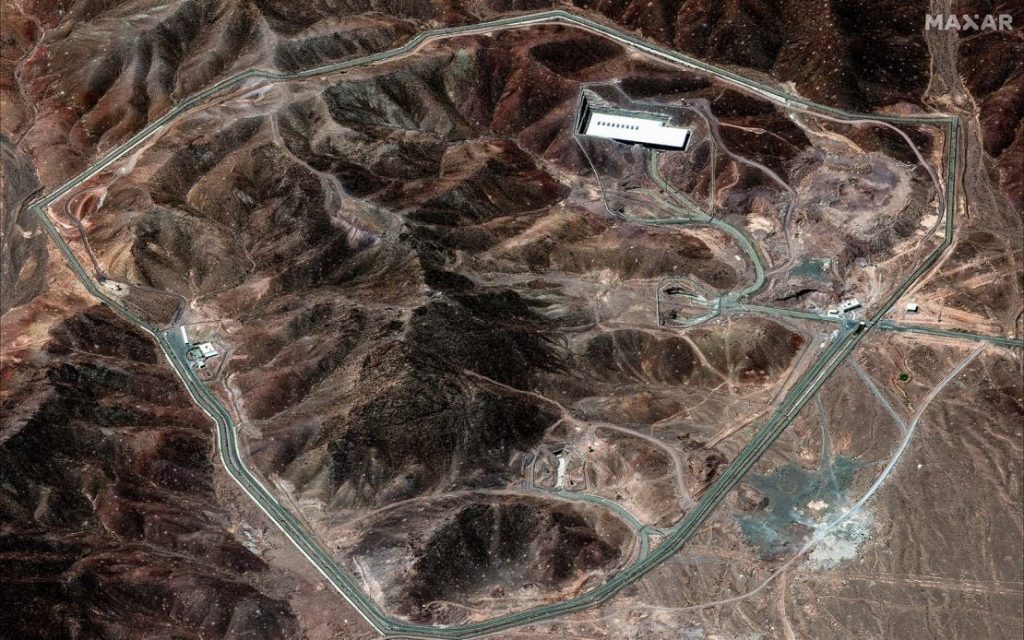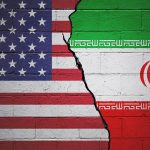US President Donald Trump announced that they had carried out air strikes with fighter jets on three Iranian nuclear facilities in Fordow, Natanz, and Isfahan. Trump stated on his social media account that the attacks on the three facilities had been successfully carried out.
At the heart of the Middle East, one name stands out in the latest war scenarios: Fordow Nuclear Facility. Seen by Israel and the West as the most critical part of Iran’s nuclear program, Fordow has become the center of geopolitical calculations and military threats. So, where is Fordow, why is it so important, and what would really happen if it’s attacked?
Where is the Fordow nuclear facility?
Fordow is located in northern Iran, near the holy city of Qom and about 150 kilometers from the capital, Tehran. Its most remarkable feature is that it is built 90 meters underground, hidden beneath thick layers of rock and mountains, making it extremely fortified. This architecture makes the facility almost untouchable to outside attacks.
Why Is Fordow So Important?
What sets Fordow apart from an ordinary nuclear plant are these main factors:
-
Deep Underground and Highly Fortified: Militarily and strategically, Fordow is so well protected that even the most advanced conventional munitions would struggle to destroy it. It’s nearly impossible to demolish with the bombs available to the U.S. or Israel, making it a kind of “nuclear insurance” for Iran.
-
Uranium Enrichment Hub: The facility is where Iran enriches uranium to high purity. Particularly, enrichment levels reaching up to 60% represent a critical threshold on the path to building nuclear weapons.
-
A Symbol of Military and Political Power: Fordow symbolizes both Iran’s military deterrence and its leverage in diplomatic negotiations. Its existence is one of Iran’s strongest cards against military intervention threats.
What If Fordow Is Attacked?
Attacking Fordow would have enormous regional and global repercussions:
-
Major Blow to the Nuclear Program: Iran’s nuclear program would be set back by years; its uranium enrichment capabilities would be severely crippled.
-
Risk of Regional War: Iran would likely consider a direct attack on Fordow a “casus belli” (cause for war) and would strongly retaliate against Israeli or American targets, potentially igniting a chain reaction of conflict across the Middle East.
-
Economic and Diplomatic Shockwaves: Energy markets—especially oil—would surge, and international diplomacy would be thrown into a new crisis.
-
Nuclear Proliferation Threat: Iran could resort to even more covert or radical nuclear strategies, possibly triggering a regional arms race.
Why Does Israel Want to Strike Fordow?
-
Existential Threat Perception: Israeli leadership views Iran’s potential to acquire nuclear weapons as an existential threat. Fordow is seen as the heart of this program.
-
Deterrence and Psychological Pressure: Striking Fordow would send a message to Iran and the region: “Nowhere is safe.”
-
Strategic Advantage: Destroying the facility could set back Iran’s nuclear program by years, giving the West and Israel the upper hand in negotiations.
-
Domestic Politics and Leadership Image: Sometimes, Israeli governments bring such ambitious targets into public discourse to project an image of decisive and strong leadership.
Conclusion
The Fordow nuclear facility is not merely a military target in today’s Middle East; it is a symbol of power that shapes political and strategic balances. If it were struck, not only would Iran’s nuclear program suffer a major blow, but the entire region—and perhaps the world—would be shaken. Behind Israel’s focus on this facility lie not just military concerns but also diplomatic, psychological, and leadership ambitions.
